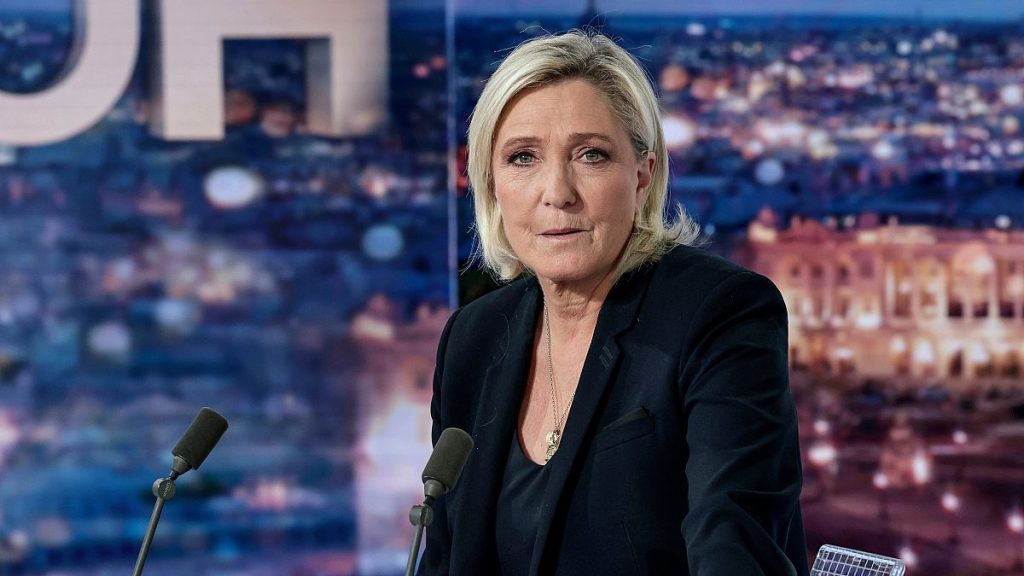French politics faces a tumultuous shift as Prime Minister Michel Barnier, upon his impending resignation, is set to become the shortest-serving prime minister in modern French history. The National Assembly, comprised of 577 lawmakers, voted against Barnier’s government with a no-confidence motion that gained the support of 331 members representing the left-wing coalition New Popular Front (NFP) and the far-right National Rally. This pivotal decision has plunged France into a new era of political and economic uncertainty, occurring merely six months after President Emmanuel Macron dissolved the National Assembly following significant losses for his party in the EU elections. The fluid political landscape illustrates the fragility of Barnier’s administration in the face of rising opposition.
Reactions to the government’s downfall have varied across the political spectrum. Mathilde Panot, leader of the hard-left party France Unbowed (LFI), praised the outcome, heralding it as a significant day for democracy. She attributed the nation’s chaotic state to President Macron’s administration over the past seven years and called for his resignation. Conversely, Olivier Faure, leader of the Socialist Party (PS) and a member of the NFP coalition, cautioned that Macron’s resignation would not effectively resolve the political crisis. The contrasting perspectives highlight the division among political factions regarding the path forward for the government and the presidency.
Marine Le Pen, a formidable figure in far-right politics and head of the National Rally, expressed a sobering outlook after the no-confidence vote yet refrained from labeling the outcome as a triumph for her party. She acknowledged the necessity of the vote’s result but distanced herself from calls for Macron’s resignation, asserting that any decision regarding early presidential elections rests solely with him. In a more collaborative tone, Le Pen expressed the intent of her party to work alongside other factions in the Assembly to construct a budget that addresses the concerns of all stakeholders, signifying a willingness to engage with the political process despite fierce opposition.
Criticism of the no-confidence motion’s outcome has emerged from various quarters. Valérie Pécresse, the President of the Paris region and a right-wing politician, characterized the day as a “sad day for France” and defended Barnier for his attempts to stabilize the country’s direction. Outgoing Finance Minister Antoine Armand echoed this sentiment, accusing left and far-right parties of conspiring to destabilize the nation’s governance. These reactions illustrate the deep-rooted divisions and tensions pervading the French political climate, further complicating an already fractured landscape in which effective governance has become challenging.
As the nation grapples with this political upheaval, President Emmanuel Macron is expected to address the public to provide clarity regarding the situation. However, details surrounding the appointment of Barnier’s successor remain elusive from his administration. This lack of information only contributes to the growing uncertainty among the populace, many of whom are concerned about the implications of a shifting political landscape on daily life and France’s future direction. The president’s communication strategy will likely seek to quell fears and provide assurance during this period of transition.
Ultimately, Barnier’s departure signals a significant shift in French politics marked by a fragile balance of power and rising tensions among divergent political factions. The motivations behind the no-confidence vote, the reactions of political leaders, and the potential for new governance structures will collectively shape the future of France. As the political community navigates this turbulent period, the outcome of Macron’s address and subsequent decisions regarding the leadership will determine not only the future of the government but also the trajectory of national stability and unity in a divided political landscape.










